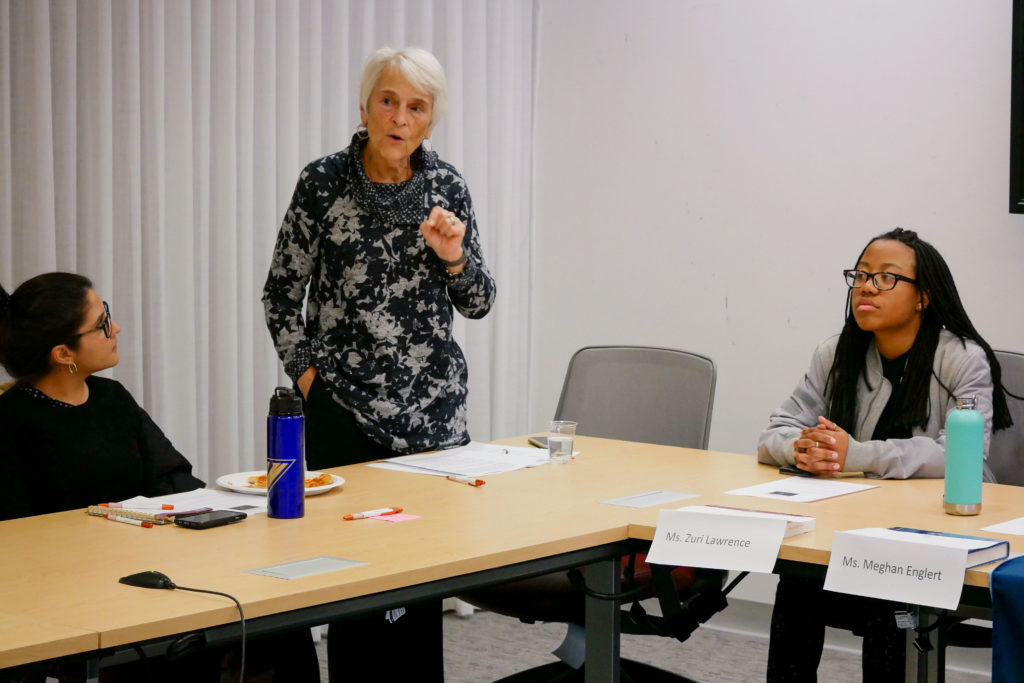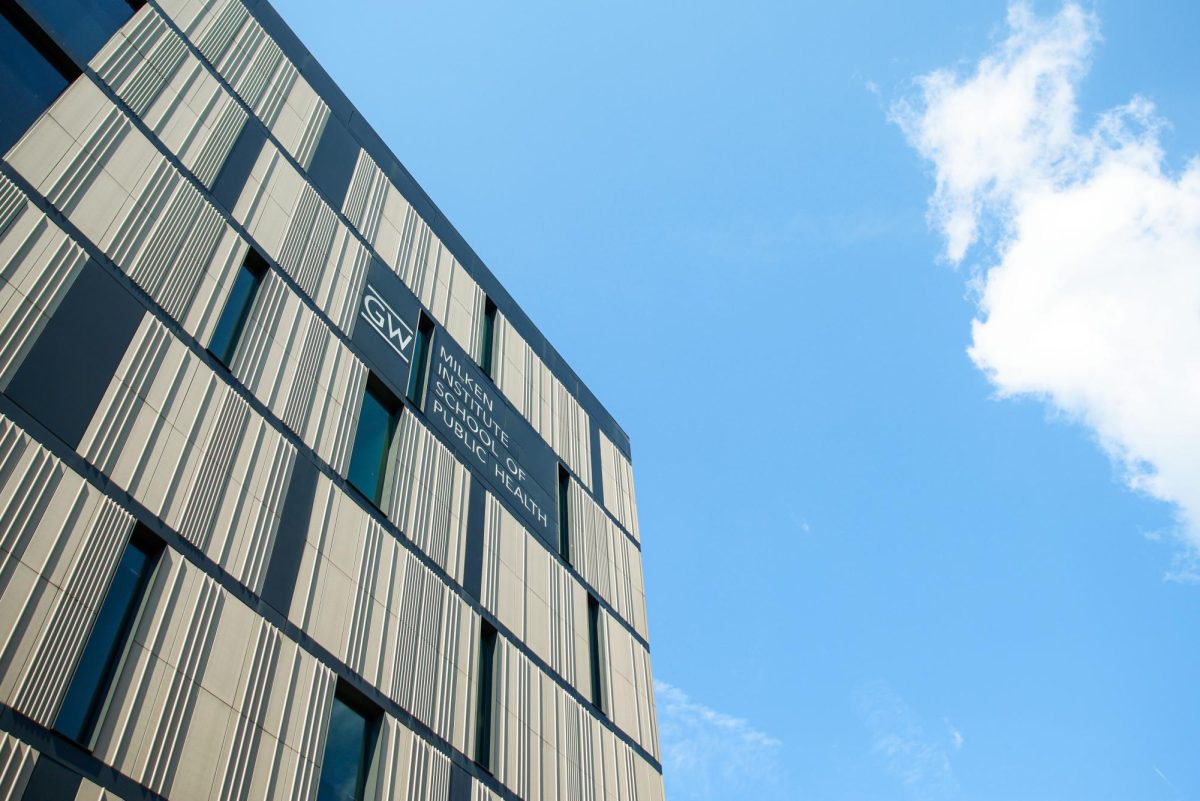Officials in the School of Engineering and Applied Science launched a new center Friday to identify and solve challenges women in engineering face.
The Center for Women in Engineering will increase the number of female students and faculty in engineering and support women in the discipline by hosting events like panel discussions and professional development workshops, officials said. Faculty said the center will help increase the representation of women in the engineering field by providing for a diverse applicant pool for faculty search committees.
“We’re very pleased to launch the SEAS Center for Women in Engineering,” interim SEAS Dean Rumana Riffat said in an email. “It will provide a focal point for our aspiration to support a range of enrichment and leadership opportunities for the female students, staff, faculty and alumni of SEAS.”
Rachelle Heller, a professor of computer science, will serve as the center’s inaugural director. She said SEAS officials created the center to coordinate administrators’ efforts to promote women in engineering and to “conduct original research into programs that would enable women to reach their fullest potential as engineers.”
“By partnering with our various stakeholders and bringing them all together under one umbrella, the center will foster closer communication and collaboration and build more effective programs and initiatives to serve this goal,” she said in an email.
About 31 percent of students and about 20 percent of faculty in SEAS are women, according to institutional data and the faculty directory. The center aims to increase the number of women who graduate from SEAS and female faculty in departments with less than 25 percent female representation, according to the center’s website.
Heller said staff at the center are planning to host events during SEAS welcome week for female students and provide unconscious bias training for SEAS student leaders. She added that the center will issue guidance for members of faculty search committees to reduce gender bias and ensure candidates from diverse backgrounds are given a fair chance in the hiring process.
Officials intend for the center to serve as a model for other schools and universities interested in boosting female representation in engineering, Heller said. Three of GW’s 12 peer institutions, Syracuse and New York universities and the University of Southern California, have initiatives dedicated to supporting female students, faculty or alumnae in engineering.
At a launch event Friday, Heller said the center will also support and promote the events of student organizations like the GW Society of Women Engineers by advertising their events on the center’s website and providing the organizations with resources and information.
Riffat and Heller declined to say who the center’s members are or if the center’s membership has been finalized. They also declined to say if the center will receive dedicated office space on campus and how large the center’s budget will be.
Mona Zaghloul, a professor of electrical and computer engineering, said the center will increase the visibility of women in engineering, combatting the stereotype that engineering is a career for men.
“The goal of the center is, first of all, to show that there are women engineers and they are very successful, and they are very rewarded,” she said. “We want to show our students in engineering here that it is a very good career to go through engineering, and it’s not at all only men in the career.”
Experts in diversity and higher education said the center will help build community among female faculty by hosting events for them and provide female students in engineering with role models.
Jill Williams, the director of the Women in Science and Engineering Program at the University of Arizona, said unconscious bias can cause professors to call on female students less frequently in the classroom. She said hosting unconscious bias trainings can reduce favoritism and affirm the experiences of women in the classroom.
“When we have those kinds of workshops and start talking about these issues, it also helps female students realize that they’re not crazy when they feel like they’re experiencing these things,” she said.
Joyce Yen, the director of the ADVANCE Center for Institutional Change at the University of Washington, said the center could create a sense of solidarity among female faculty in STEM by hosting events like lunches with female leaders and speakers.
She said one advantage to creating a center to address the issues women in engineering face is that the school can devote more time and resources through the center than individual faculty or staff could devote to solve these challenges.
“We can really devote considerable energy to whatever issues may arise, and I think having a center allows for that kind of strategic and intentional effort,” Yen said.











